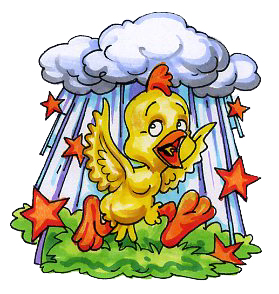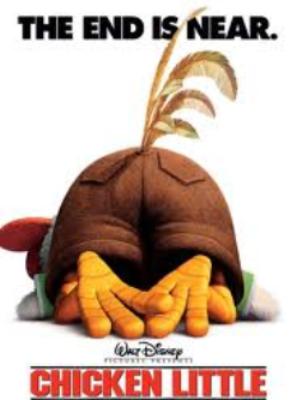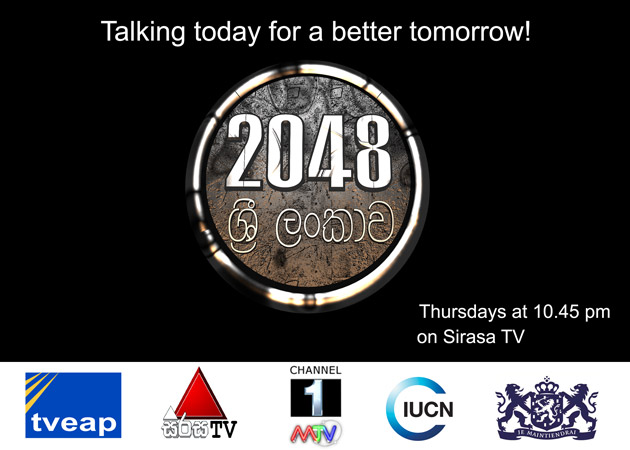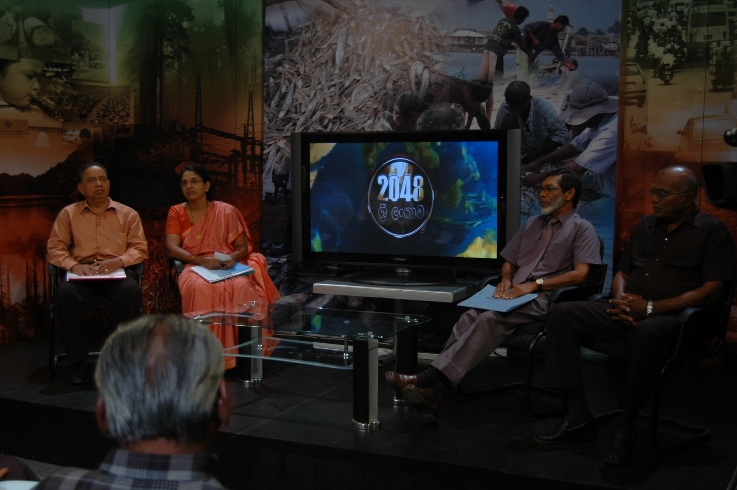 “The sky is falling, the sky is falling!”
“The sky is falling, the sky is falling!”
That was the refrain of a certain Chicken Licken or Chicken Little, the lead character in a popular folk tale. The rather timid creature was easily scared, and each time something slightly out of the ordinary was experienced, it always assumed the worst.
“The sky is falling!” has entered the English language as an idiom for hysterical or mistaken belief that disaster is imminent. If the original Chicken Little was prone to hallucination, its modern day equivalents are more likely feigning hysteria for their own reasons and gains.
For much of 2012, a large section of the print and broadcast media in Sri Lanka has behaved like Chicken Little. They have uncritically and sometimes gleefully peddled the completely unsubstantiated and imaginary prophecies of doom and gloom – specifically, about the world ending on 21 December 2012.
And just like Chicken Little did, our media too had plenty of uncritical followers – a case of the blind leading the blind. They worked themselves into a misplaced frenzy, imagining all sorts of scenarios for the world’s end.
Some involved terrestrial hazards while others, extra-terrestrial ones. The prophets of doom were too busy churning out more and more fantastic tales to realize that, if all their various scenarios were to happen, we would need not one but several worlds…
 Ah, but our intrepid media won’t allow such facts to get in the way of a good story, or reality checks to hold down their run-away imagination. Fear and panic sell newspapers, and keep TV ratings high…
Ah, but our intrepid media won’t allow such facts to get in the way of a good story, or reality checks to hold down their run-away imagination. Fear and panic sell newspapers, and keep TV ratings high…
As the leading Indian rationalist Sanal Edamaruku has noted, “Selling every day anything from bunkers to miracle bracelets and wonder cures to gullible, fearful people, they don’t just exploit them; they massively reinforce the mind crippling vicious circle of superstition in their lives. The superstition generator is running overtime, even in many of our otherwise so critical and progressive media.”
We the minority of sceptical readers have long endured not only the incredible shrill of assorted doomsday prophecies in our media, but the distraction of public attention and the deprivation of valuable media space and time for covering issues of genuine public interest. In desperation and frustration, we decided to present Chicken Little Media Awards
Nominations were called via Twitter and Facebook, and selecting the worst performers was truly difficult as the contenders were engaged in a race to the bottom. The online debate about these choices will continue.
But after considerable deliberation, meanwhile, here is our choice…
Chicken Little Media Awards 2012
Most Hysterical Sinhala newspaper: Mawbima
Runner-up: Lankadeepa
Most Giddy-headed TV channel: Sirasa TV
Runners-up: Swarnawahini and TV Derana
Two-headed Chicken Little Award: Vidusara science magazine, which accommodated both critical views as well as outright superstition (thus covering all bases?)
Headless Chicken Little Award: All-astrology newspapers that thrive on people’s gullibility
We salute all reporters, editors and media managers who have peddled mind-rotting tall tales about the world ending.
P.S.: Consider it a dubious honour.


